Pine Needles?
liisa_rwc
15 years ago
Featured Answer
Comments (16)
liisa_rwc
15 years agoRelated Professionals
Maple Valley Landscape Architects & Landscape Designers · Brooklyn Center Landscape Architects & Landscape Designers · Bell Gardens Landscape Contractors · Indianapolis Landscape Contractors · Indio Landscape Contractors · Laguna Hills Landscape Contractors · Nanuet Landscape Contractors · Point Pleasant Landscape Contractors · Seminole Landscape Contractors · West Chester Landscape Contractors · Elkridge Decks, Patios & Outdoor Enclosures · Adrian Decks, Patios & Outdoor Enclosures · Kansas City Decks, Patios & Outdoor Enclosures · Orange County Decks, Patios & Outdoor Enclosures · Spokane Decks, Patios & Outdoor EnclosuresKimmsr
15 years agoliisa_rwc
15 years agodigdirt2
15 years agoliisa_rwc
15 years agoKimmsr
15 years agoLloyd
15 years agodigdirt2
15 years agoKimmsr
15 years agoivan7526
10 years agotoxcrusadr
10 years agoKimmsr
10 years agoTXEB
10 years agoPriswell
10 years agoKimmsr
10 years ago
Related Stories
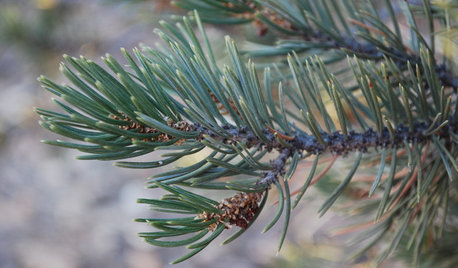
TREESGreat Design Plant: Pinyon Pine
You might just go nuts for this tough evergreen native to the Western U.S.
Full Story
CHRISTMASQuick and Easy Christmas Decor With Greens, Wreaths and Pine Cones
When you're short on time, focus on the basics to make your house festive and fragrant
Full Story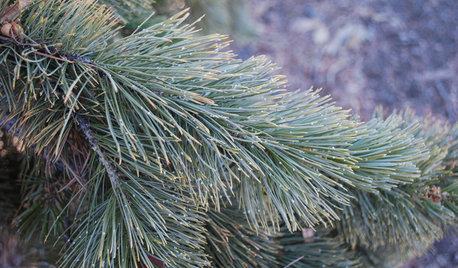
GARDENING GUIDESGreat Design Plant: Rocky Mountain Bristlecone Pine
Try this drought-tolerant small evergreen for its sculptural beauty and slow-growing nature
Full Story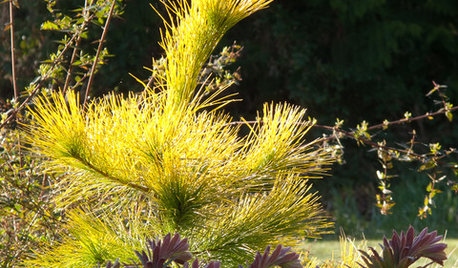
GARDENING GUIDESGreat Design Plant: Louie Eastern White Pine
This stunning golden conifer will bring a smile to your face and add a ray of sunshine to your winter garden
Full Story
DECORATING GUIDESHoliday Decor Goes Fresh and Rustic
Heavenly scented pine branches and other decorations courtesy of the outdoors make for naturally lovely displays
Full Story
CRAFTS20 Ways to Organize Your Craft Space
Tired of looking for a needle in a haystack? Giving tools and supplies a proper place steps up productivity and cuts down on frustration
Full Story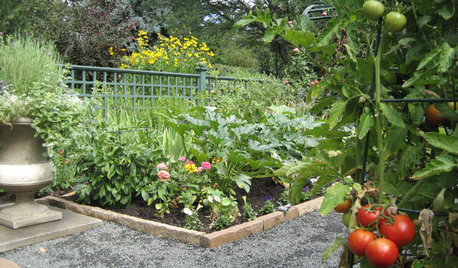
GARDENING GUIDESPacific Northwest Gardener: What to Do in June
Now's the time to prune pines and vines, prevent pests and buy June-blooming plants to keep your garden healthy and beautiful
Full Story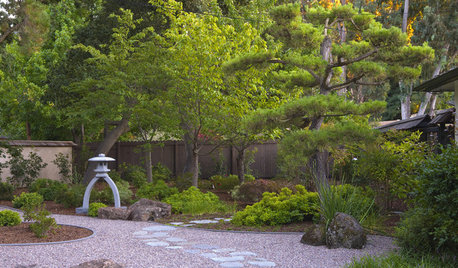
GARDENING GUIDESGreat Design Plant: Pinus Thunbergii ‘Thunderhead’
Thunderhead pine adds year-round strength and structure to the garden
Full Story
GARDENING GUIDESGet on a Composting Kick (Hello, Free Fertilizer!)
Quit shelling out for pricey substitutes that aren’t even as good. Here’s how to give your soil the best while lightening your trash load
Full Story
GARDENING GUIDESNew Ways to Think About All That Mulch in the Garden
Before you go making a mountain out of a mulch hill, learn the facts about what your plants and soil really want
Full StorySponsored
Your Custom Bath Designers & Remodelers in Columbus I 10X Best Houzz
More Discussions








tsugajunkie z5 SE WI ♱